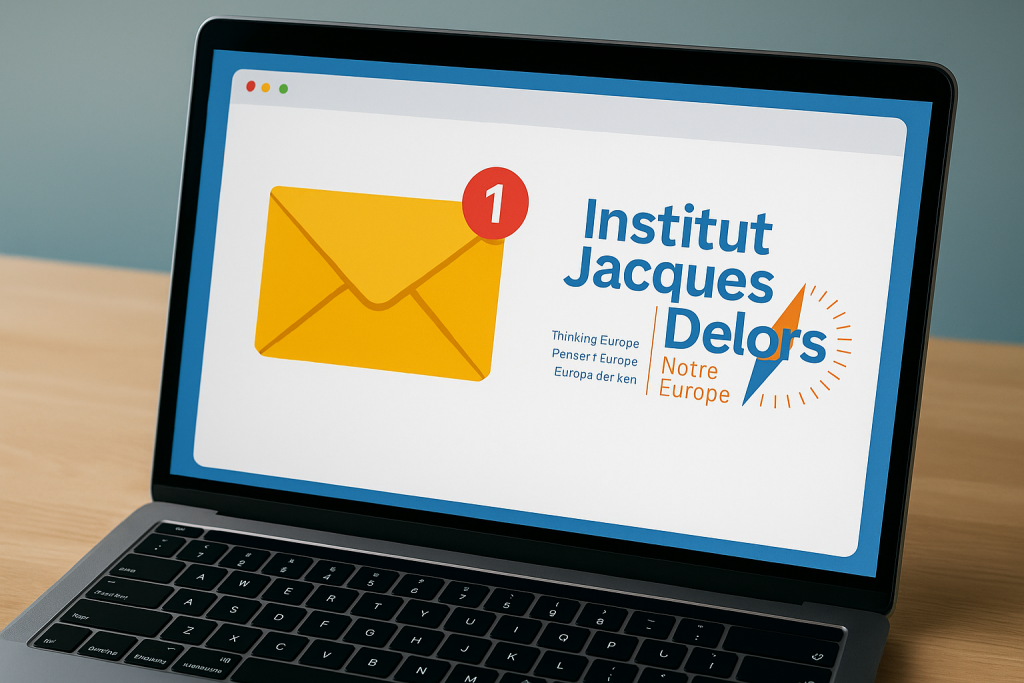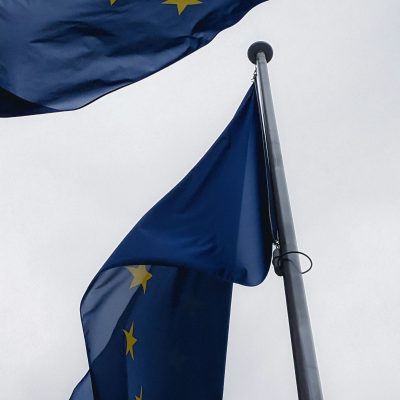
Depuis bientôt cent jours, les Ukrainiens sont engagés dans une lutte à mort pour la survie de leur pays. L’Union européenne les soutient par l’envoi d’armes y compris lourdes, l’accueil de millions de déplacés, une assistance économique et financière, l’appui aux enquêtes criminelles et par des sanctions infligées comme jamais à l’agresseur, le régime de Vladimir Poutine. Ce faisant, les Vingt-Sept ne cherchent pas seulement à faire payer au Kremlin le prix de son invasion. Ils sont en train de s’affranchir progressivement de leur dépendance aux hydrocarbures russes. Le quasi-embargo sur le pétrole décrété non sans mal par le Conseil européen pour la fin de cette année en marque une nouvelle étape, après l’embargo sur le charbon.
Mais ceux-ci constituent aussi un point de non-retour. Les solutions de remplacement qui impliquent de diversifier les approvisionnements, augmenter la part des énergies renouvelables et revoir nos comportements de consommation (voir notre capsule-vidéo et notre article sur la sobriété), ne vont pas seulement assécher à terme la rente énergétique russe mais aussi restructurer notre modèle économique pour donner aux Européens leur indépendance dans ce domaine stratégique. A condition de ne pas substituer une dépendance à une autre, comme l’importation de gaz naturel liquéfié (GNL).
Idem en matière de défense. Le parlement allemand s’apprête à voter une augmentation sans précédent de son budget militaire, par la création d’un fonds spécial de 100 milliards d’euros, pour combler son retard. Dans nombre d’Etats, les dépenses nationales de défense sont en nette hausse. L’heure en Europe est au réarmement. Mais ici aussi, les équipements et leur chaîne de sous-traitance ne doivent pas accentuer une dépendance déjà très américaine.
C’est pourquoi cette indépendance européenne ne peut être déclarée seule par un pays mais se construire dans la plus grande unité possible. Il est significatif que le très atlantiste Danemark veuille à présent rejoindre la politique européenne de défense et de sécurité commune, comme devait en décider un référendum dans ce pays organisé ce 1er juin. Au-delà de la réaction à la guerre en Ukraine, des alliances industrielles sont en train de voir le jour pour conférer à l’Europe plus d’autonomie dans des technologies-clés. Ce sont les « programmes importants d’intérêt européen commun », qui se nouent entre plusieurs pays, sur les batteries, l’hydrogène, les semi-conducteurs, le cloud ou encore en matière pharmaceutique. Comme les vaccins durant le Covid, les achats communs de gaz et d’armements se veulent encore une autre manière d’agir en Européens. La création espérée de nouvelles ressources propres, gages d’indépendance budgétaire, y participera aussi.
Toutes ces initiatives, qui restent à concrétiser et à traduire leurs effets, dessinent en pointillé une certaine puissance, dont l’Union européenne est en train de prendre le chemin. Pour avancer avec les plus allants, elle ne pourra faire l’économie d’un débat sur sa gouvernance et ses institutions, qu’appelle aussi son élargissement dont la guerre a déjà changé radicalement les termes.




